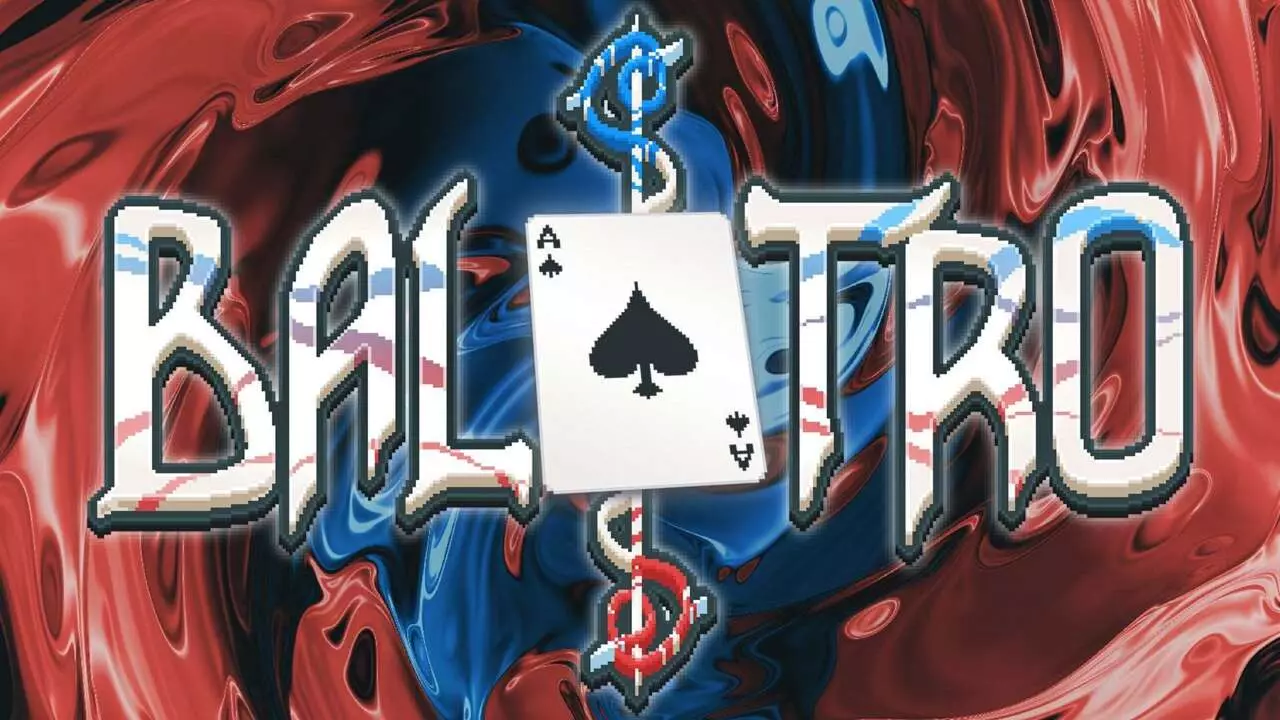This year, the gaming community has been buzzing over the unexpected PEGI 18+ rating assigned to the indie title Balatro. This rating, determined by the Pan European Game Information (PEGI), has raised eyebrows not only among players but also within the industry. The game’s developer, LocalThunk, has been vocal about the absurdity of the rating, suggesting a tongue-in-cheek workaround: incorporating “real gambling” features to bring the age rating down to a more inclusive 3+. Their playful commentary raises important questions about the criteria used to class video games and the broader implications for game developers working within the current regulatory climate.
The Role of Gambling Mechanics
PEGI’s rationale for assigning such a stringent rating largely hinges on the inclusion of real-life poker mechanics within Balatro. As the board articulates, the depiction of these gambling-style gameplay elements might inadvertently teach young players about traditional gambling, creating a potential risk for real-world implications. However, opponents of this perspective point out that Balatro only uses poker as a foundational gameplay mechanic within the roguelite genre, with no actual gambling taking place. The distinction between gameplay and real gambling needs to be carefully examined; it is critical to understand whether the mechanics themselves warrant such a harsh classification.
The Impact on Game Distribution
The ramifications of this rating have been significant, with Balatro being promptly removed from numerous console storefronts after its rating changed overnight. This sudden action not only suffers from a lack of transparency but also disrupts the market presence of an indie game that had successfully reached a broad audience. It seems ironic that a game featuring fictional gameplay involving poker has been sidelined while other high-profile games—many containing loot-box and microtransaction elements—continue to operate under much more lenient age ratings.
LocalThunk has also drawn attention to the perceived double standards in the gaming rating landscape. While Balatro faces fallout due to its poker elements, titles such as EA Sports FC 25 thrive despite containing aggressive microtransaction mechanics that many see as gambling-like behavior targeted toward children. This disparity is particularly alarming when contrasting the two games, as it suggests a systemic inconsistency in how ratings are assigned. The developer’s jest regarding the incorporation of loot boxes into Balatro to reclassify the game underscores a critical concern regarding fairness in the industry.
Despite the challenges presented by its 18+ rating, Balatro has enjoyed remarkable commercial success following its launch, reportedly selling over 3.5 million copies and garnering multiple awards at prestigious events like The Game Awards. Its status as one of GameSpot’s top games of 2024 demonstrates that even amidst regulatory hurdles, quality titles can find success. As discourse around the gaming rating systems continues, the need for clearer guidelines that equitably assess all titles remains paramount. Balatro’s situation symbolizes the complexity of modern gaming culture and the myriad of challenges developers face in navigating regulatory waters.

